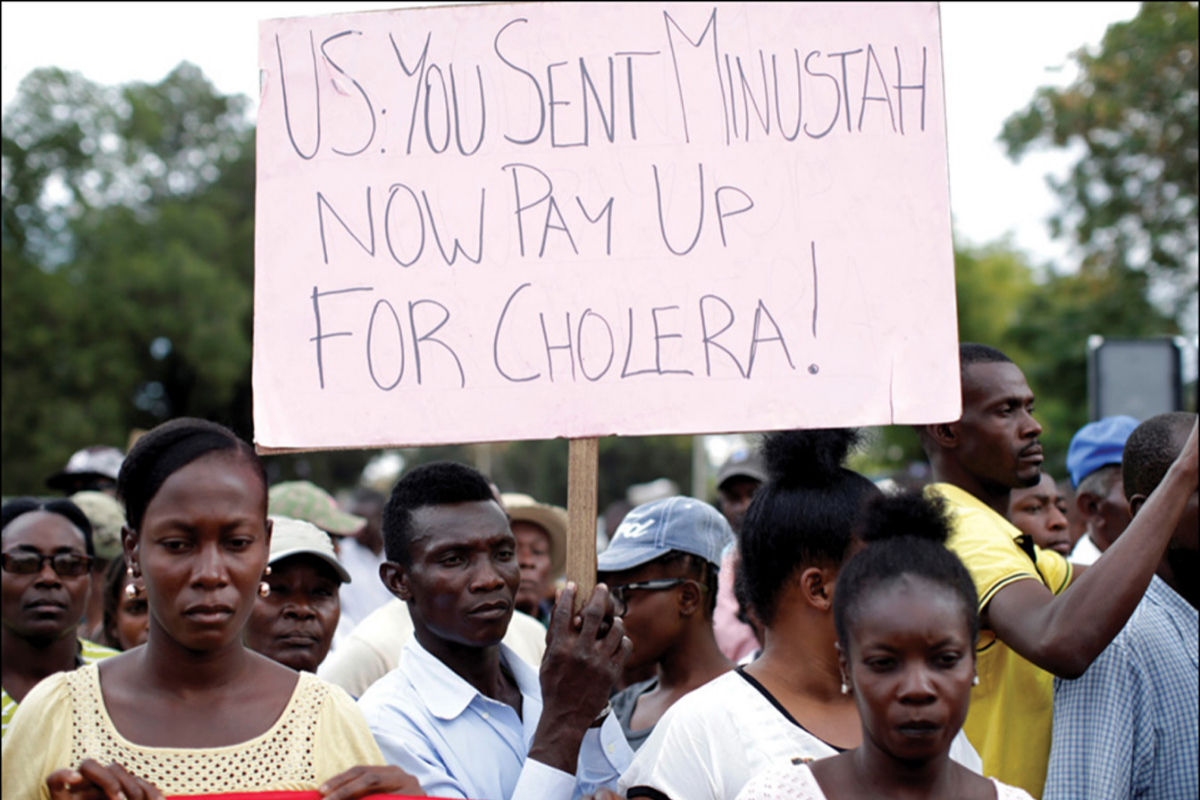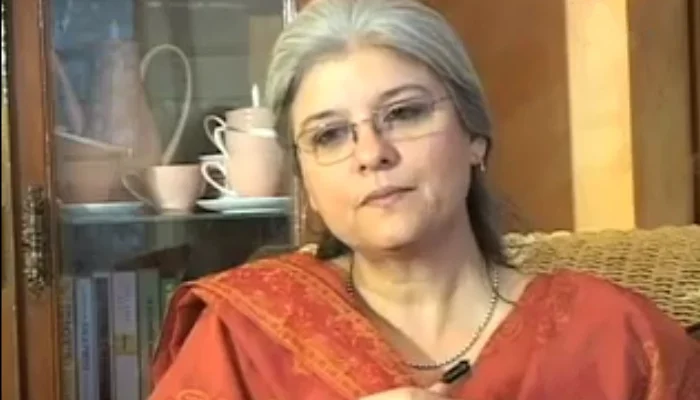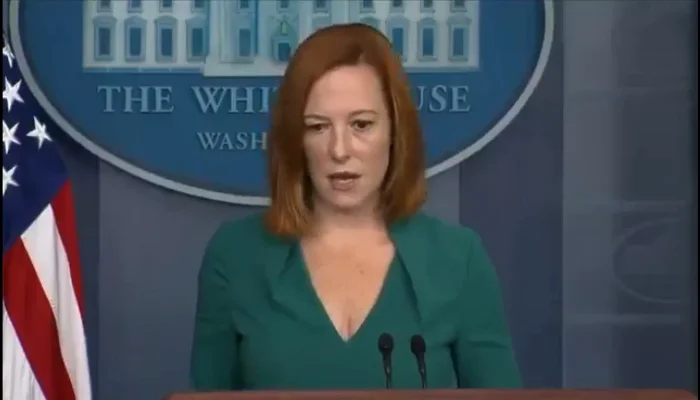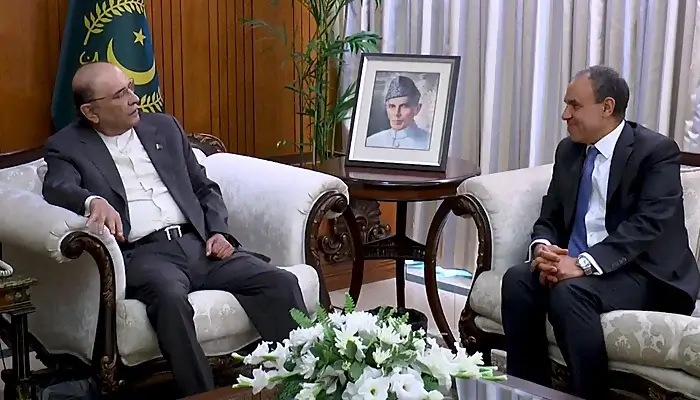- The outbreak comes as the country is crippled by a gang blockade that has caused gasoline and clean water shortages.
- An epidemic of the disease in 2010 was blamed on a United Nations peacekeeping force for the deaths of approximately 10,000 people.
- In 2020, the Pan American Health Organization reported that there were no verified cases of cholera in Haiti.
At least seven people have died of cholera in a sudden resurgence of the disease on a day when the country has been crippled by a gang blockade that has caused gasoline and clean water shortages.
An epidemic of the disease in 2010 was blamed on a United Nations peacekeeping force for the deaths of approximately 10,000 people. In 2020, the Pan American Health Organization reported that there were no verified cases of cholera in Haiti. According to the information we have, the number of deaths is about 7 to 8,” stated Laure Adrien, general director of the Ministry of Health, during a press conference, adding that officials were having difficulty obtaining information from hospitals.
“There was one death during the day today.”
Earlier, the Ministry of Health confirmed one case in the Port-au-Prince metropolitan region and suspected cases in Cite Soleil, a village outside the capital that was the scene of deadly gang turf fighting in July.
In response to the news of a fuel price increase last month, gangs have been blocking the country’s primary fuel port for the past month. Due to a paucity of fuel for generators, a significant number of hospitals have either ceased operations or reduced their capacity.
The majority of individuals no longer have access to basic transportation.
Caribbean Bottling Company, a major producer of bottled water, announced on Sunday that it was unable to continue producing and distributing water due to a lack of diesel fuel, which is essential to its supply chain.
Cholera produces uncontrolled diarrhoea.
Typically, the disease is transmitted by water contaminated with the feces of a sick person; therefore, clean drinking water is essential for preventing its spread.
As part of a U.N. peacekeeping mission established in 2004 following the toppling of President Jean-Bertrand Aristide, troops from Nepal, where cholera is rampant, were stationed in Haiti. The size of the army was raised after the 2010 earthquake in Haiti.
The United Nations apologized for the outbreak in 2016 but did not accept responsibility.
In a 2011 report, an impartial panel convened by then-United Nations Secretary-General Ban Ki-Moon could not determine precisely how cholera was introduced to Haiti.
Members of the panel independently issued an essay in 2013 concluding that personnel affiliated with the United Nations peacekeeping force was the “most likely source.”
[embedpost slug = “https://www.oldsite.bolnews.com/world/2022/09/un-claims-syrias-cholera-epidemic-poses-a-serious-threat-to-region/”]


















